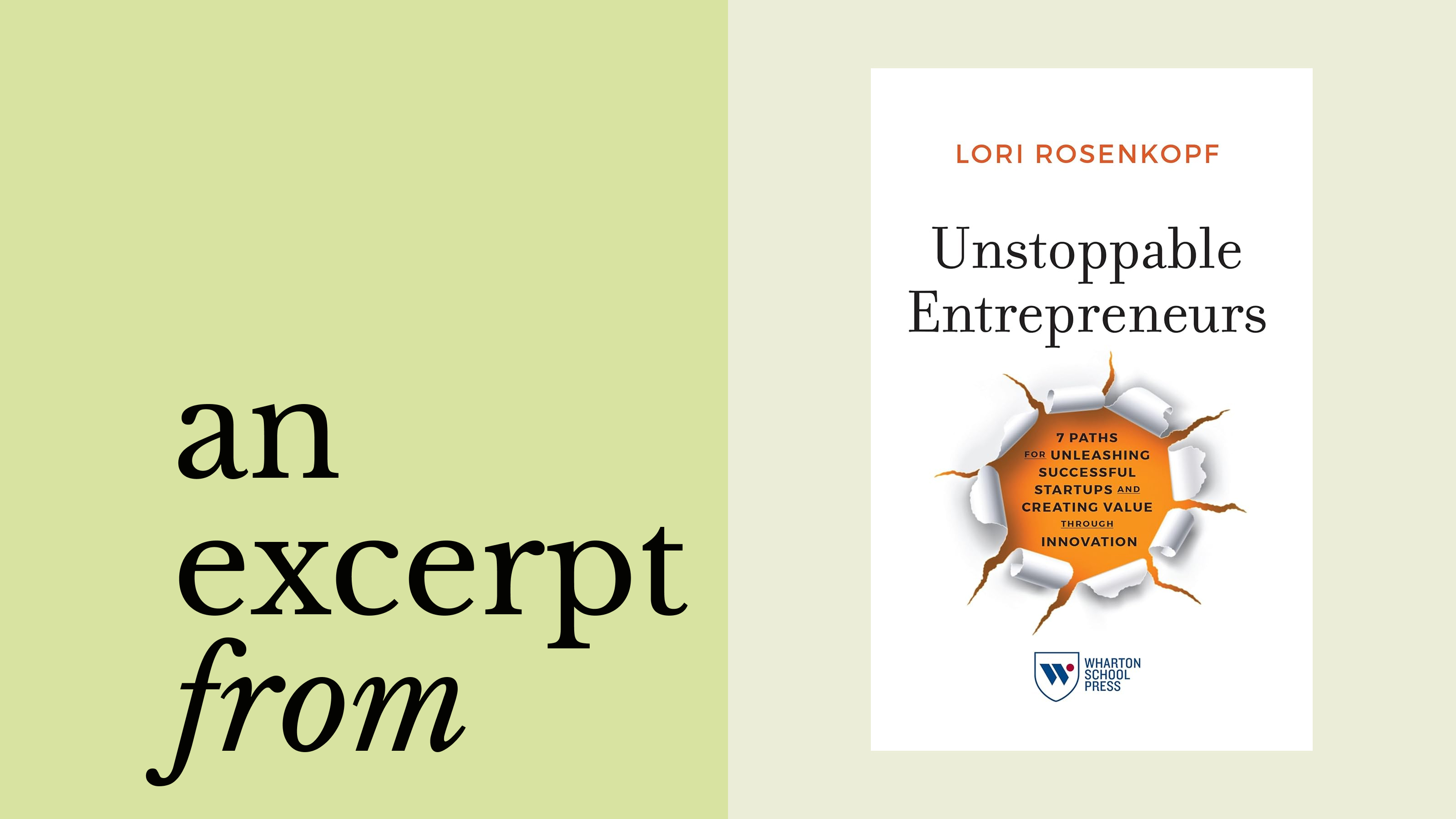The End of Net Neutrality?

Comcast can decide which of its customers can do what on the Internet. A federal court ruled on Tuesday that the Federal Communications Commission (FCC) doesn’t have the authority to make broadband providers treat all Internet traffic equally. That means that the company that provides your Internet service can effectively block your access to parts of the web.
In 2007, it became clear that Comcast was selectively blocking access to BitTorrent, a peer-to-peer file-sharing service. Comcast claimed that it was simply preventing customers that use file-sharing services from slowing down traffic for other users—because transferring files uses so much bandwidth, a relatively small number of users could significantly slow web access for everyone else. Since there isn’t an unlimited amount of bandwidth available, Comcast argued, they have to prevent people from using it all up. But this kind of “traffic-shaping” gives companies that control the “last mile” of web infrastructure—the part that connects your computer or phone to the rest of the Internet—broad leeway to decide what people can do online. And it could allow companies to charge customers more preferential access to the Internet, as well as keep them from using their competitors’ services. It was probably not be a coincidence that Comcast blocked access to a service that competes with its cable business. Along the same lines, AT&T originally prevented iPhone users from using Skype on its network, explaining that “we have no obligation—nor should we have—to facilitate or subsidize our competitors’ businesses.” And now it comes out that Windstream Communications, a DSL provider with more than a million customers, has been preventing its customers from using other search services by redirecting queries to its own proprietary service.
That’s why so many people have advocated the principle of “net neutrality.” As net neutrality advocate Google famously put it, “Just as telephone companies are not permitted to tell consumers who they can call or what they can say, broadband carriers should not be allowed to use their market power to control activity online.” So after it came out that Comcast was blocking access to BitTorrent, the FCC ordered the company to stop the practice on the grounds that the broadband providers shouldn’t determine what people can or can’t do on the Internet. And last year the FCC called for formal rules ensuring that everyone be allowed the same freedom to use the Internet as they see fit. On Tuesday, however, a federal court ruled unanimously that without explicit statutory the FCC can’t tell broadband providers how to manage their networks. Now, in all likelihood, the fight over access to the Internet will move to Congress, where telecom companies have been lobbying hard against net neutrality laws. As FCC spokesperson Jen Howard said, “Today’s court decision invalidated the prior commission’s approach to preserving an open internet. But the court in no way disagreed with the importance of preserving a free and open Internet. Nor did it close the door to other methods for achieving this important end.”





